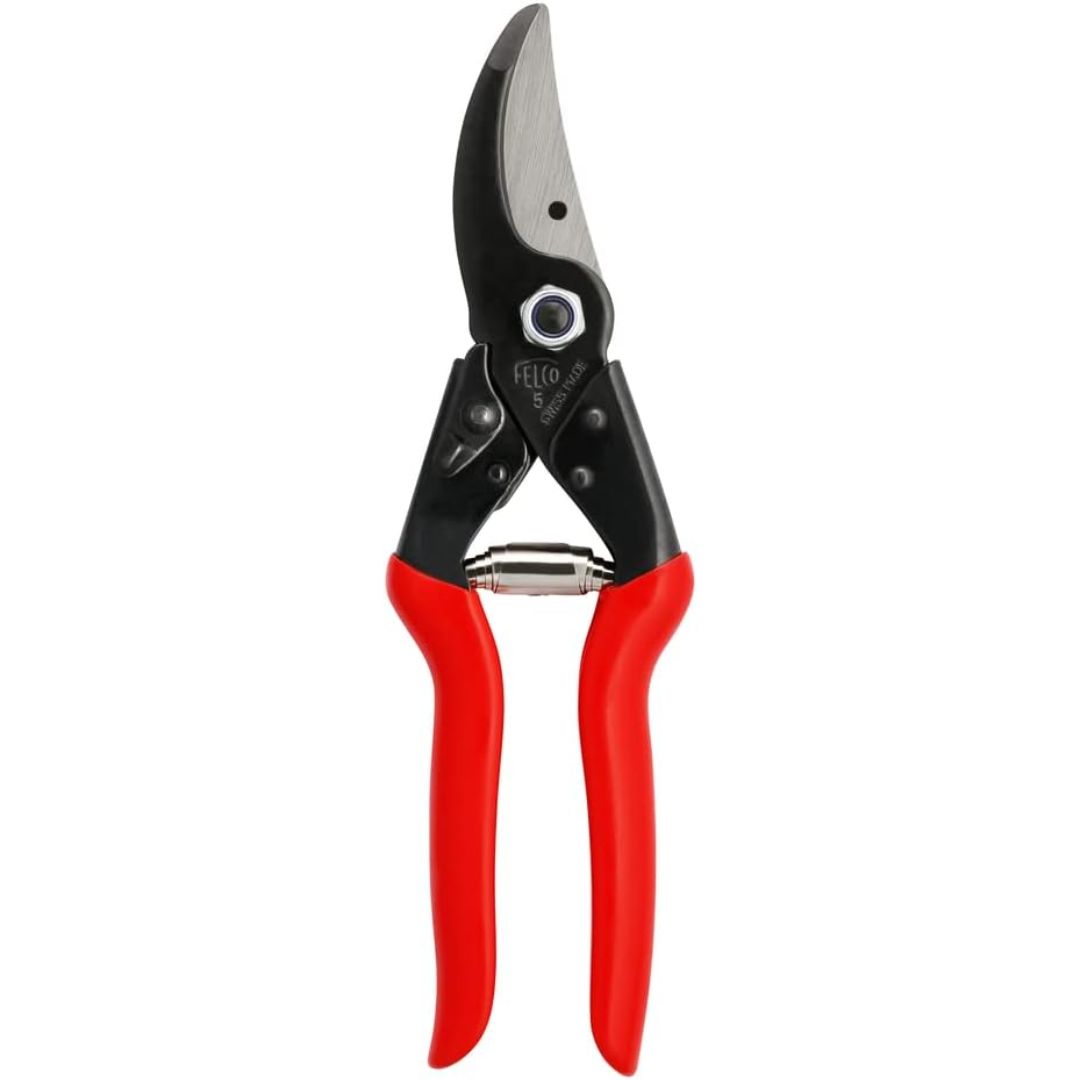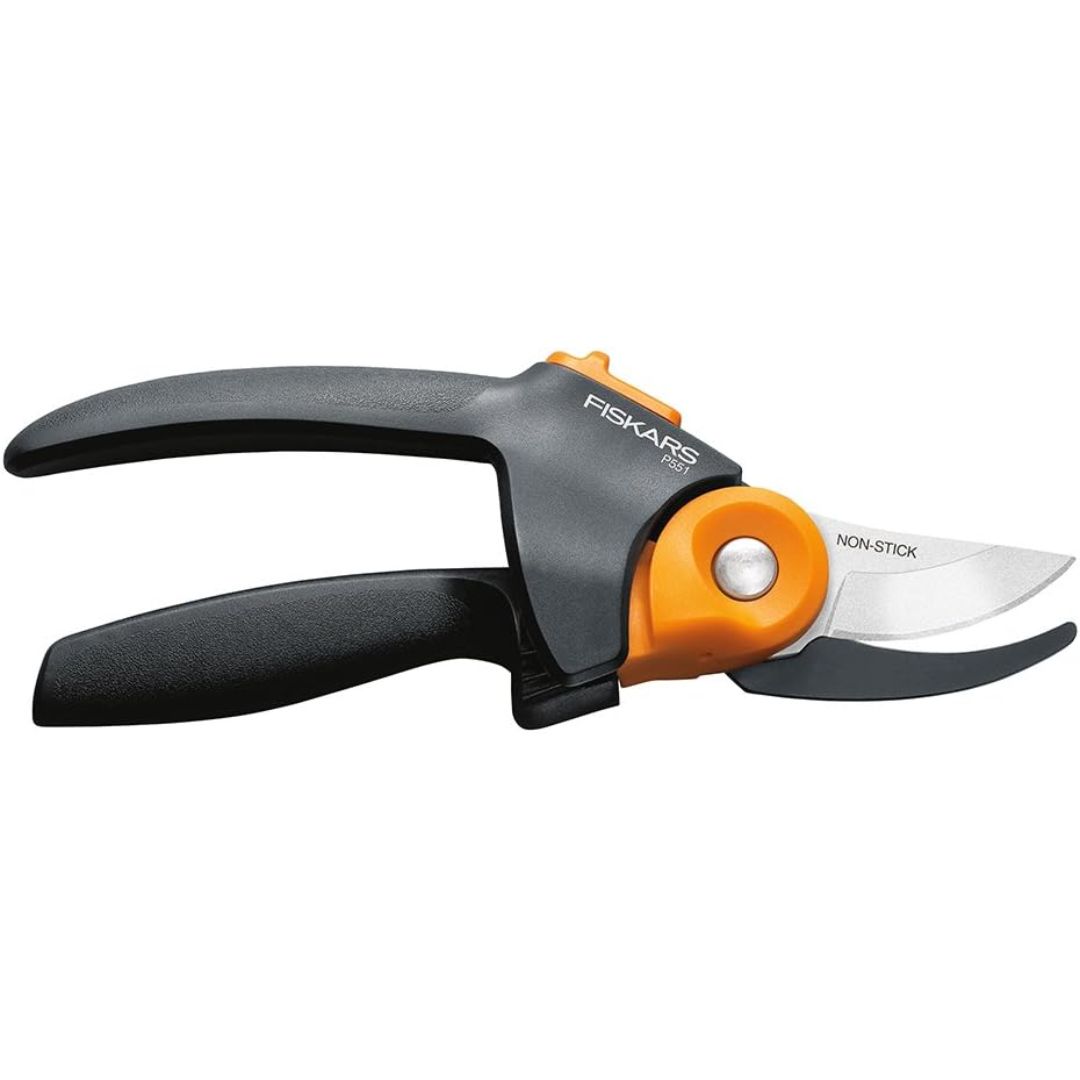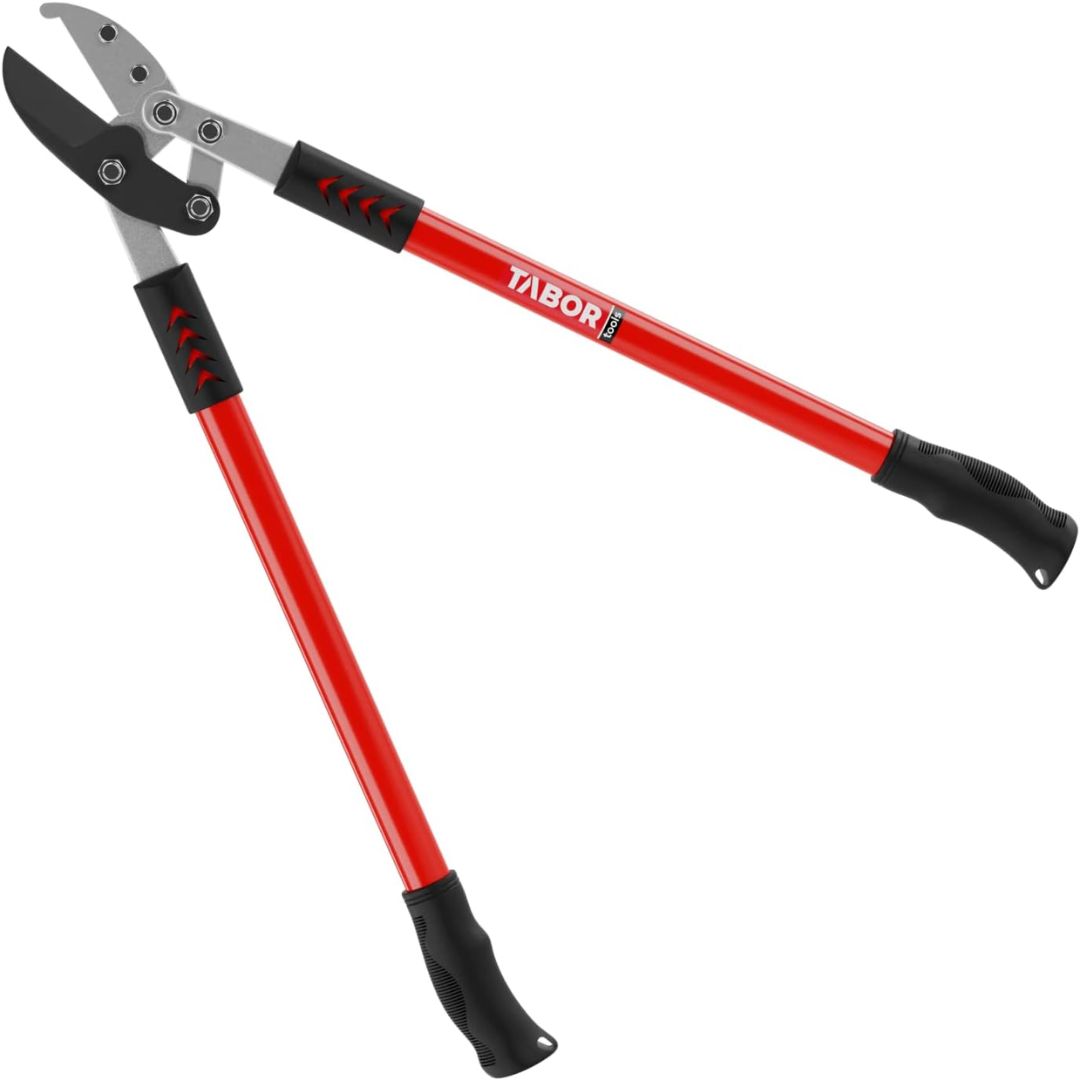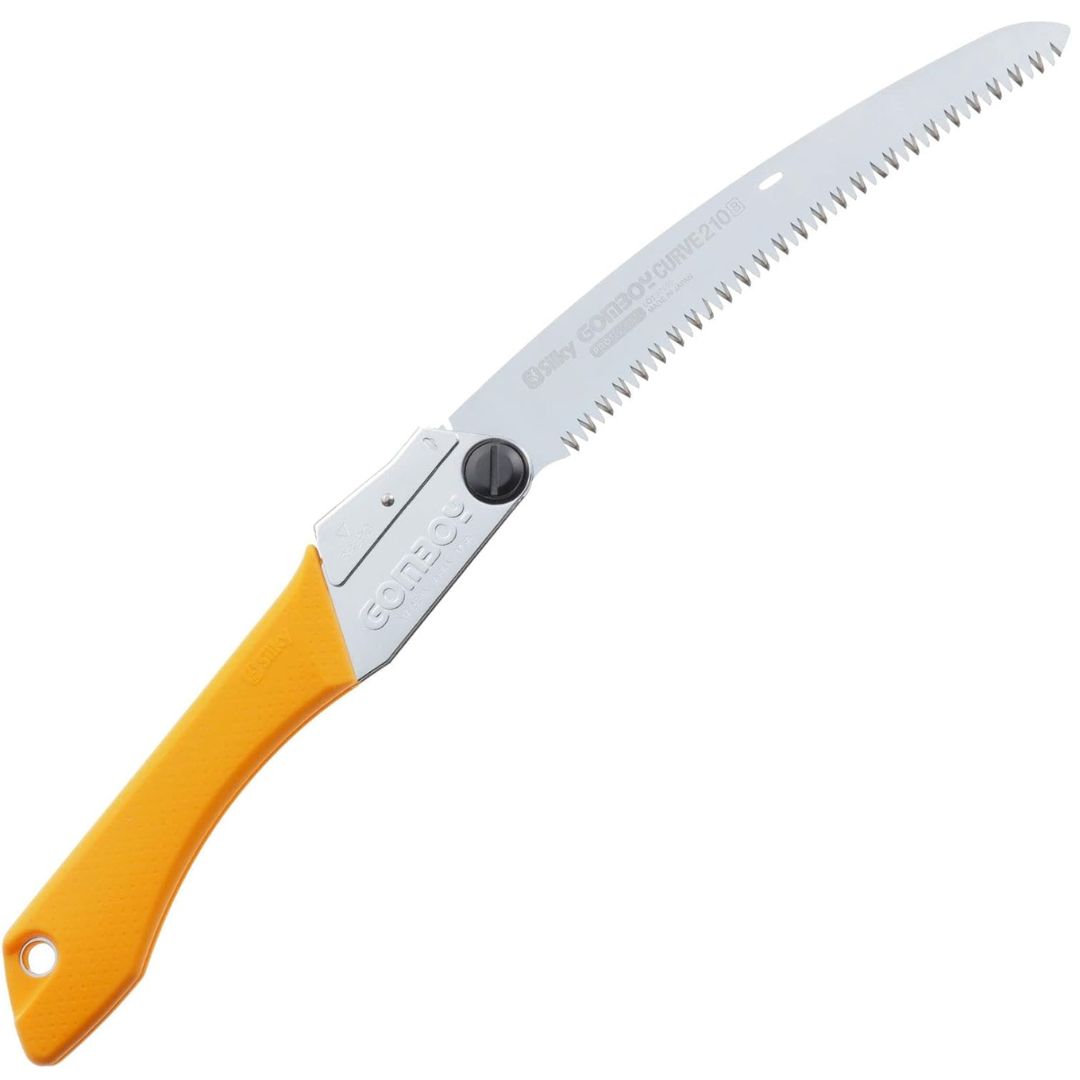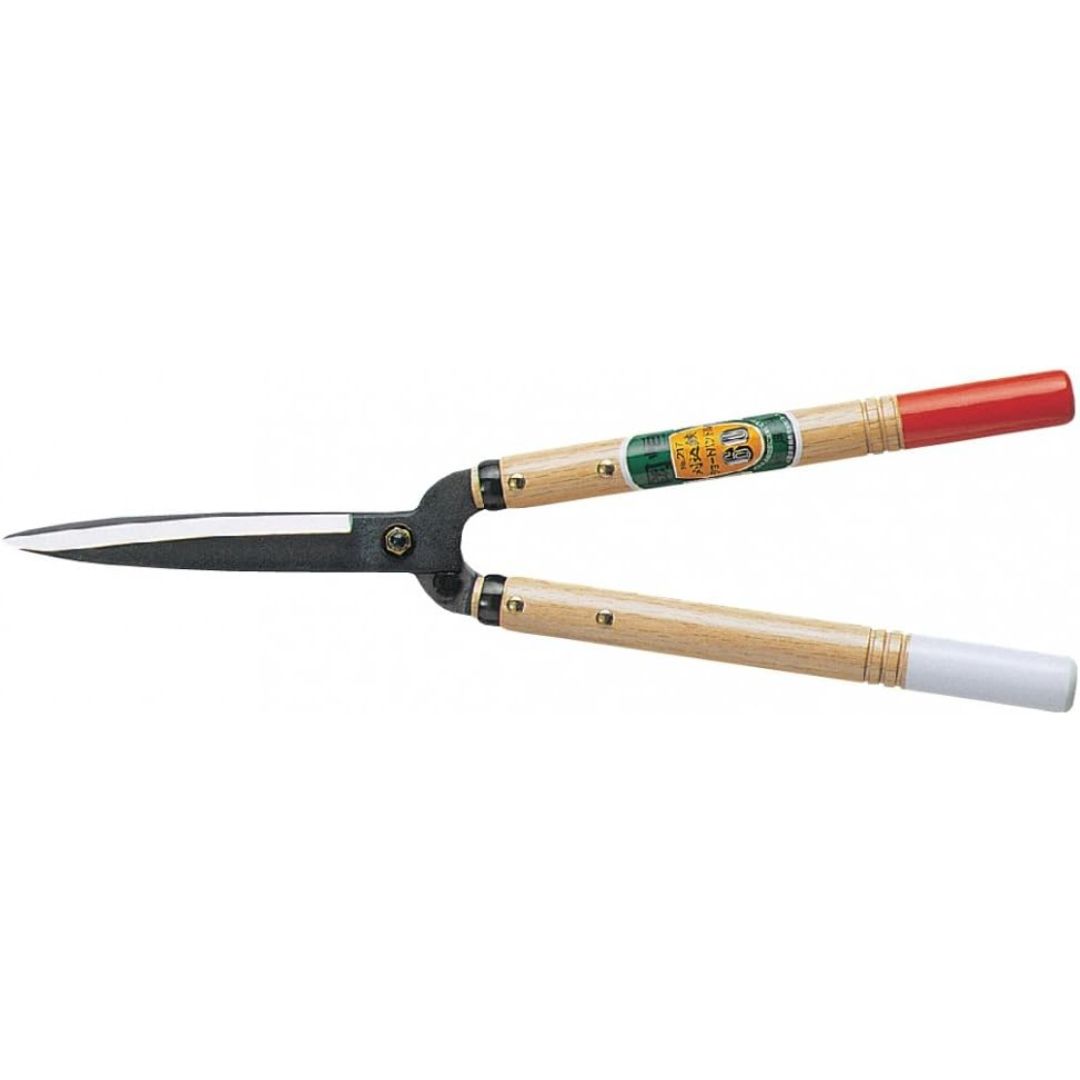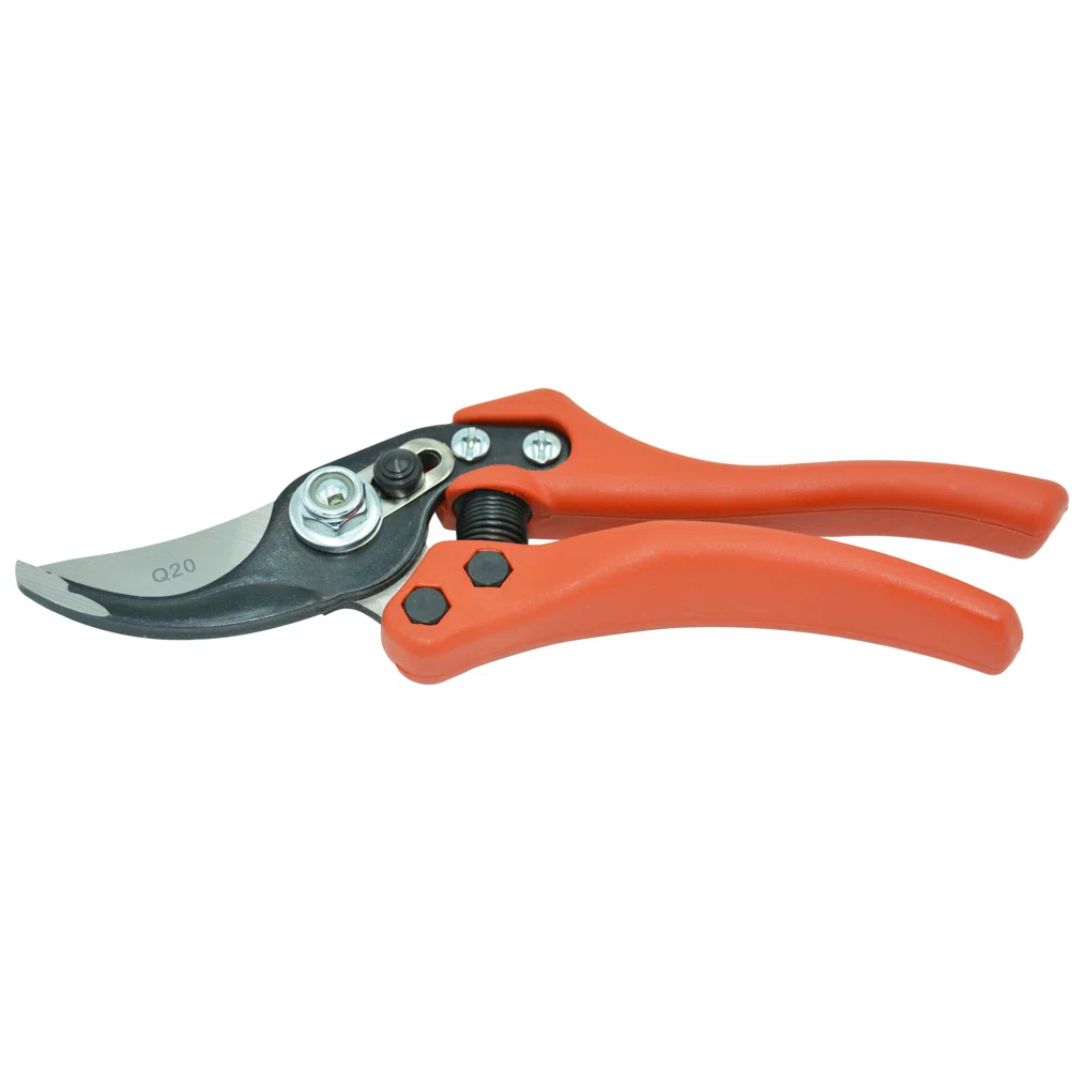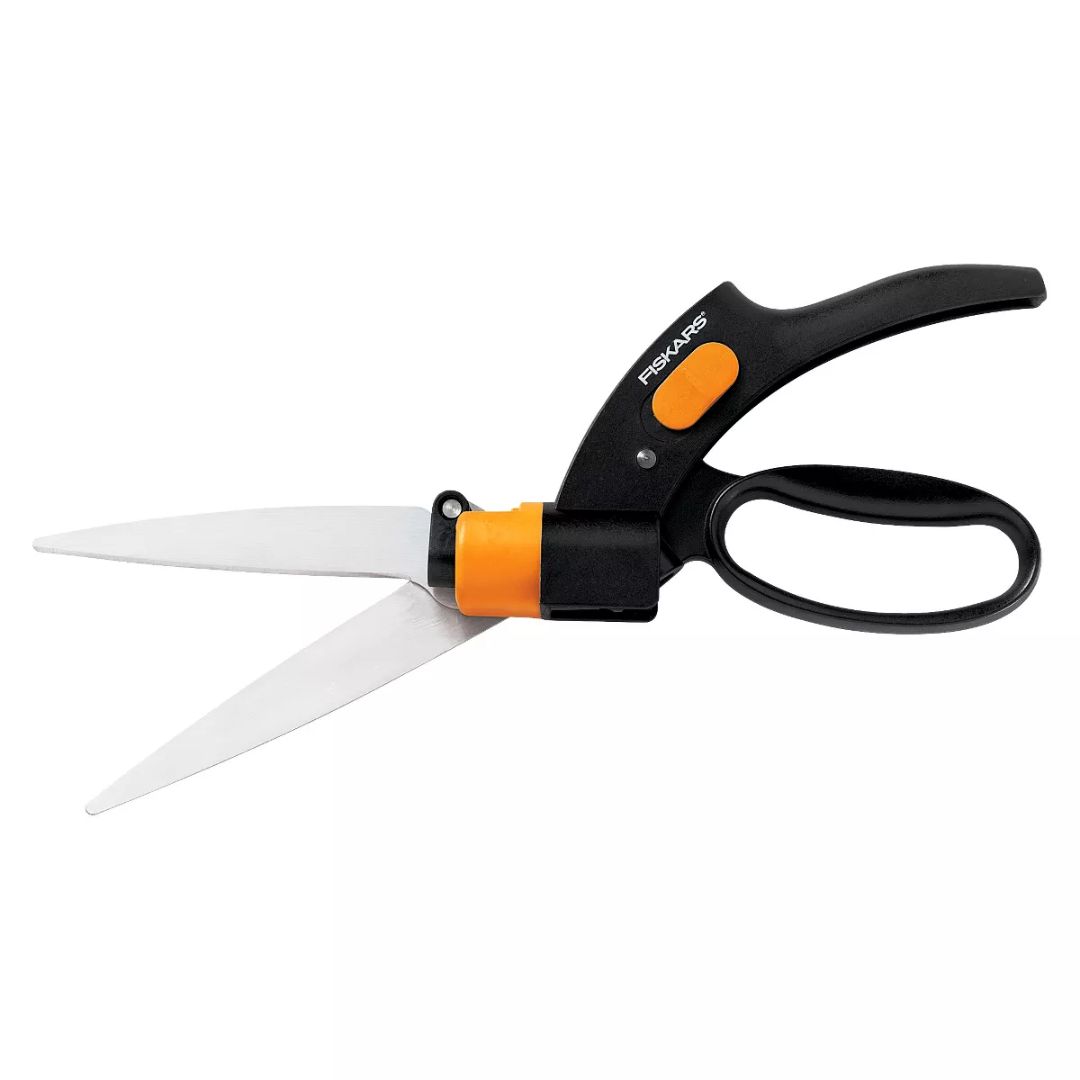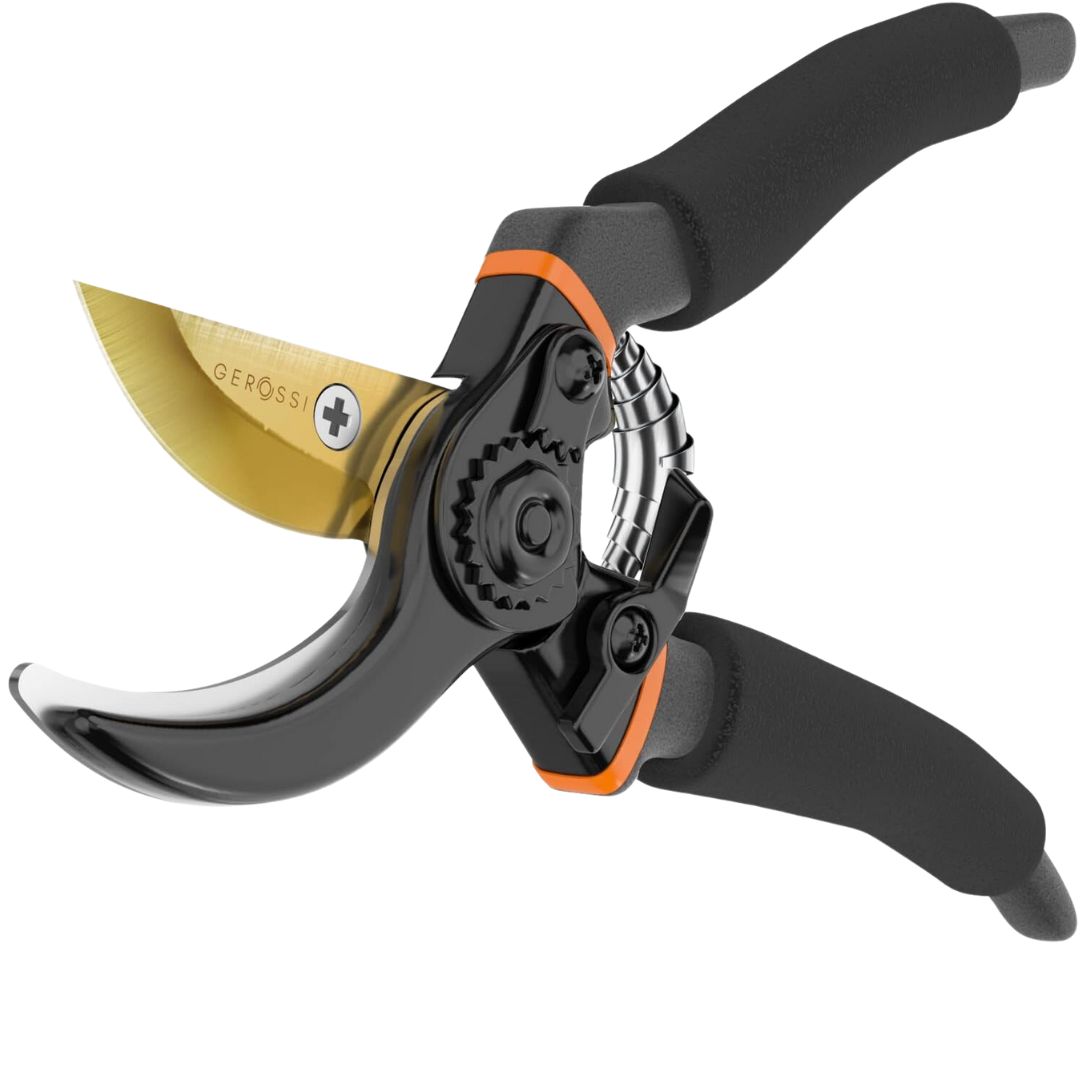5 Tools Gardening Experts Say You Should Own That Will Make Pruning Your Plants so Much Easier
Wondering which tools could make pruning your plants a little easier? Here are some top picks from a gardening expert


As seasons begin to change, it’s important to have a healthy space for your plants to blossom and breathe. Pruning is a way of maintaining a healthy landscape for your much-loved plants so that they are able to grow free from diseases and damage.
‘Pruning is not just about cutting away the dead or unwanted parts of plants; it's a vital practice for encouraging healthy growth and shaping the garden's aesthetic,’ Tony O'Neill, gardening expert at Simplify Gardening tells us.
Putting a spring in your step this season, we've put together a list of genius tools which you can use as you learn how to prune your modern garden plants. Here are top five tool selections from an expert.
1. Bypass Pruners
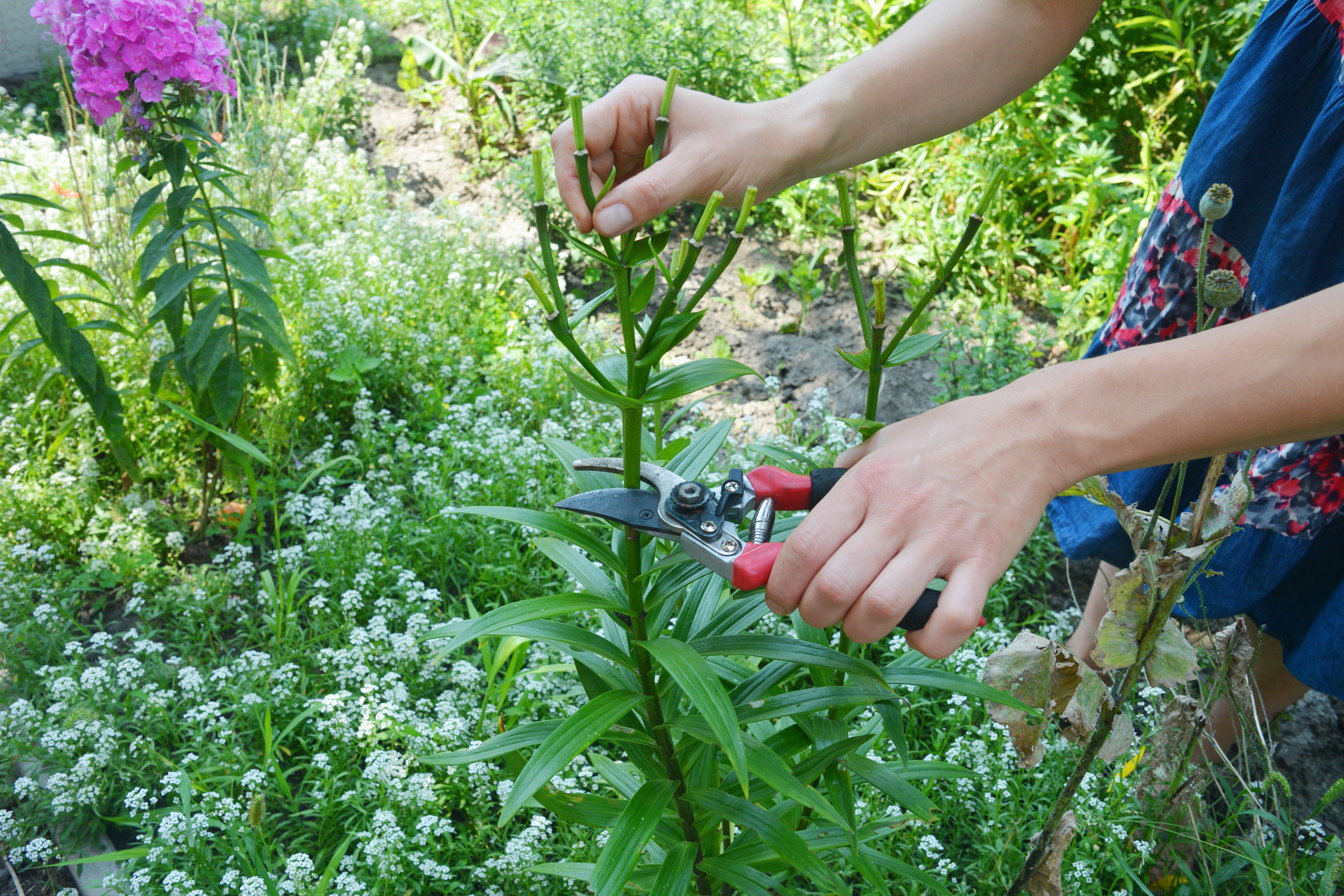
The bypass pruner is known for its unique shape and are a must-have for any gardener. The tool itself works quite similarly to scissors, with two blades which pass one another and offers a clean cut when used on plants, which in turn helps prevent diseases and damage. Tony O'Neill says the Bypass Pruner is ideal for ‘cutting through green, live stems and branches up to ¾ inches thick’. He says his go-to brand has always been ‘Felco’ which offers ‘durability and precision’. You can now get your hands on Felco’s tools with the ‘Felco Pruning Shears (F 5) - High Performance Swiss Made One-Hand Garden Pruners’ from Amazon.
2. Anvil Pruners
‘While I lean towards bypass pruners for most tasks, anvil pruners have their place, especially for cutting through dead wood or tougher materials,’ Tony tells us. The tool features a single sharp blade that closes against a flat surface, known as the ‘Anvil’. Tony says this makes it perfect for jobs where ‘precision is less critical but power is needed’. Looking to get your hands on this powerful tool? Tony suggests ‘Fiskars 391041-1001 PowerGear2 Pruner’ with its ‘enhanced cutting power and ergonomic design’.
3. Loppers
Known for its distinctive look, Loppers are best to use when dealing with thicker branches, according to Tony. It comes in many different sizes and is also available in bypass and anvil styles. ‘Loppers have long handles that provide the leverage needed for cutting through thicker branches with less effort’, Tony adds. The Tabor Tools GG12A Anvil Lopper is the experts top pick as he says it is essential for ‘heavy-duty cuts, offering both power and reach’. Tabor Tools GG12A Anvil Lopper with Compound Action, can be found on Amazon.
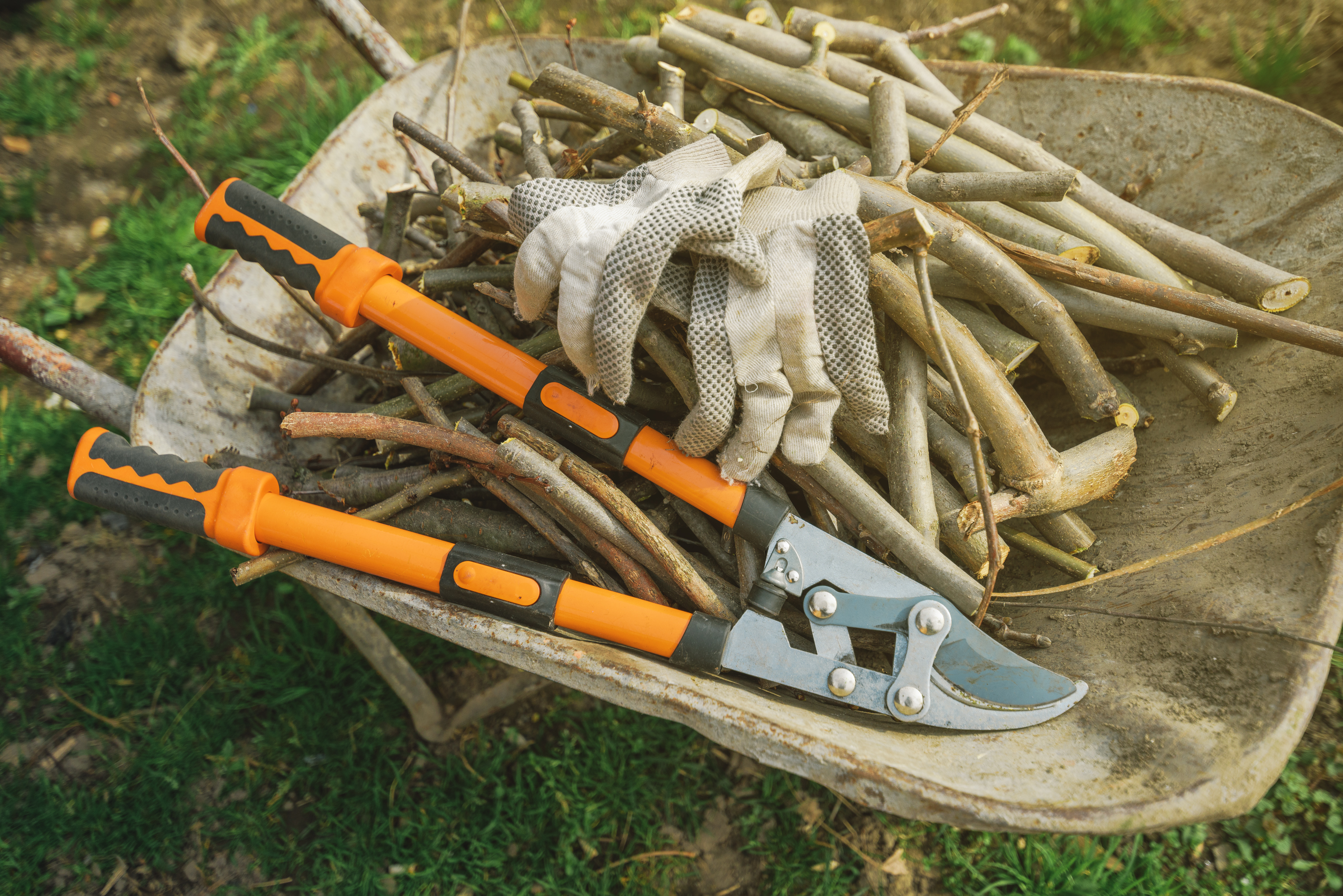
4. Pruning Saws
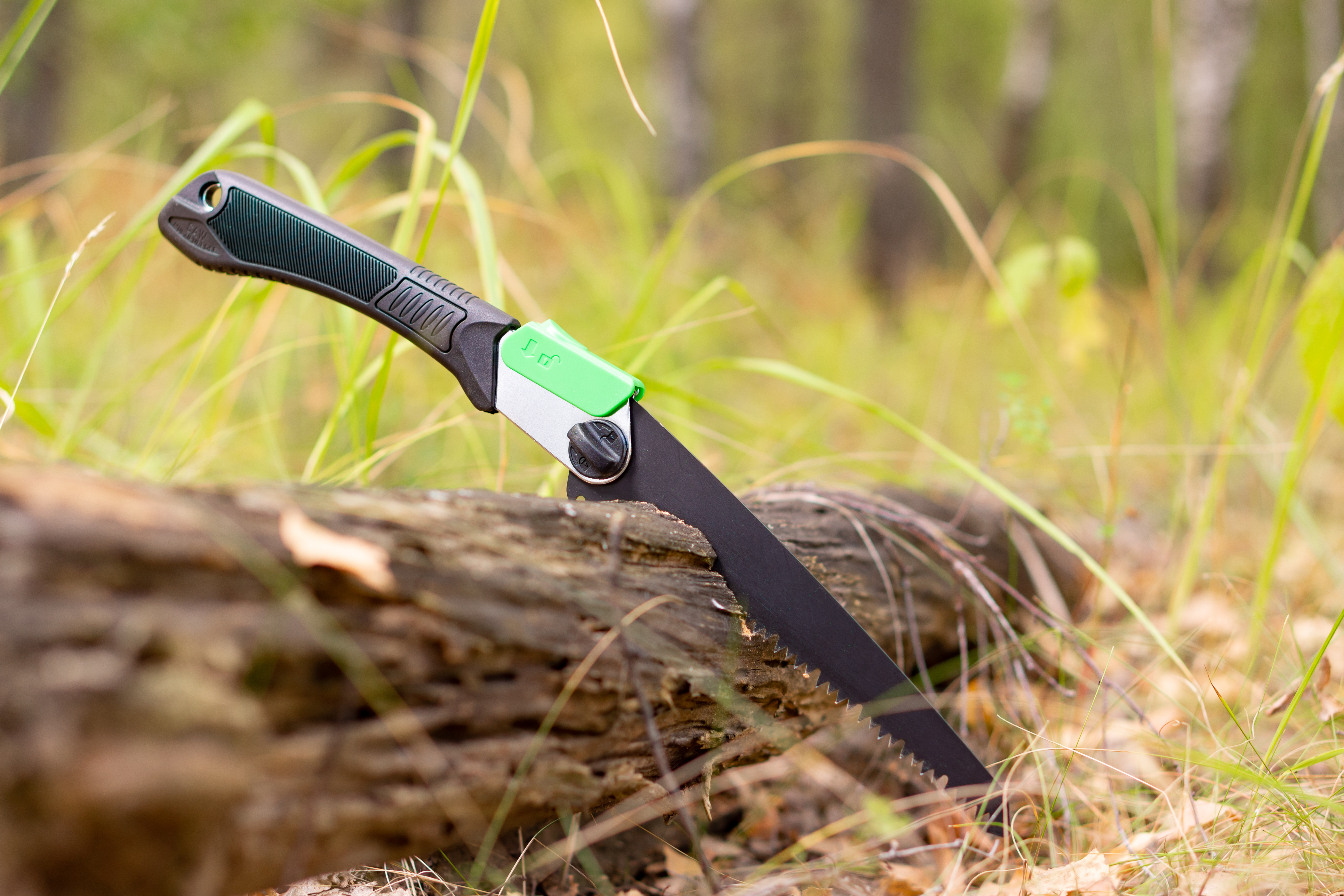
Tony says the Pruning Saw should be used for branches thicker than two inches. It is designed to cut on ‘the pull stroke, reducing effort and increasing efficiency,’ he tells us. Whether you are dealing with larger shrubs or in need to cut through a tree, a pruning saw can make your tasks a whole lot easier. ‘I find the Silky GomBoy Curve Professional Folding Saw to be incredibly reliable, with its sharp teeth and comfortable grip,’ says Tony.
The Livingetc newsletters are your inside source for what’s shaping interiors now - and what’s next. Discover trend forecasts, smart style ideas, and curated shopping inspiration that brings design to life. Subscribe today and stay ahead of the curve.
5. Hedge Shears

Want to create stunning designs in your front or back yard? For shaping hedges or cutting back perennials, Tony recommends the Okatsune Precision Hedge Shears. He says it is perfect for ‘creating those clean lines and shapes in your hedge work’ and will allow you to make ‘straight, even cuts across a larger area’. The blade on the tool is quite quirky looking with its almost beak-like shape. Check out the Okatsune Precision Hedge Shears, 7 5/8" Blade, 22"on Amazon.

I'm Tony O'Neill, a gardening expert and best-selling author. I am an educator with a thriving YouTube channel that has 426,000 subscribers and receives over 1.4 million monthly views. Through my award-winning website, simplifygardening.com, I share my passion for gardening and sustainability. I've authored books including "Composting Masterclass," "Your First Vegetable Garden," and "Simplify Vegetable Gardening," empowering individuals to cultivate their own green spaces.
Our experts top tips for pruning:
1. Always Clean Your Tools: Before and after pruning, clean your tools to prevent the spread of disease.
2. Make Diagonal Cuts: When cutting stems, make a diagonal cut just above a bud to encourage water runoff and prevent disease.
3. Prune at the Right Time: Different plants have different pruning needs. Generally, prune flowering plants after they bloom to avoid cutting off future flowers.
Here are our top three picks for the best pruning tools

Faiza is the Renovation Editor at Livingetc. She previously worked for The Independent as a News Feature Writer, where she crafted lifestyle, entertainment, and news stories. She also worked as an Audience Editor for the newspaper for almost two years. Thriving in the busy newsroom, Faiza also spent her time crafting stories for Sky News as an SEO reporter, where she produced stories based on trending topics. Lifestyle and interior design have been areas of interest for her for some time, and as she advances in this field, she will continue to refine her skills in all aspects of design. Faiza has a background in SEO, social media, and reporting. Her passion for writing goes beyond her work as she loves all things poetry and creative writing.
